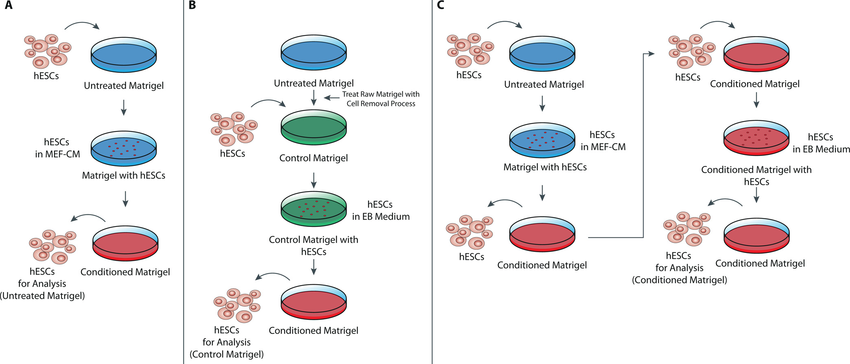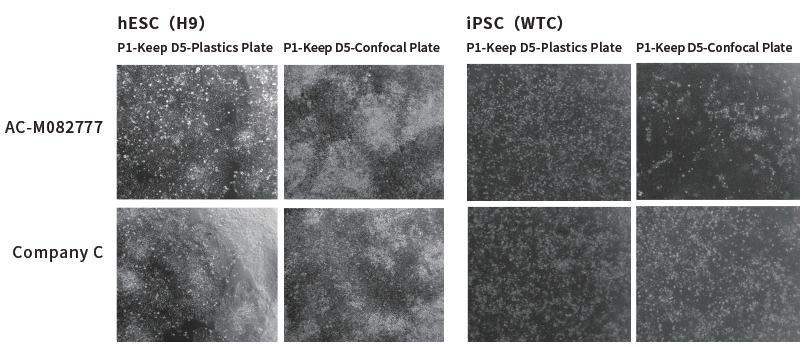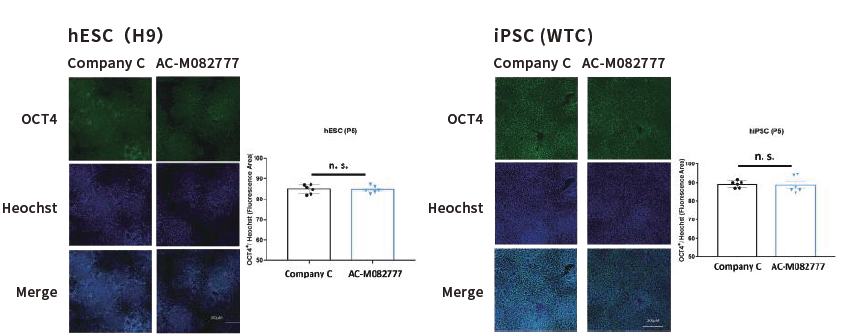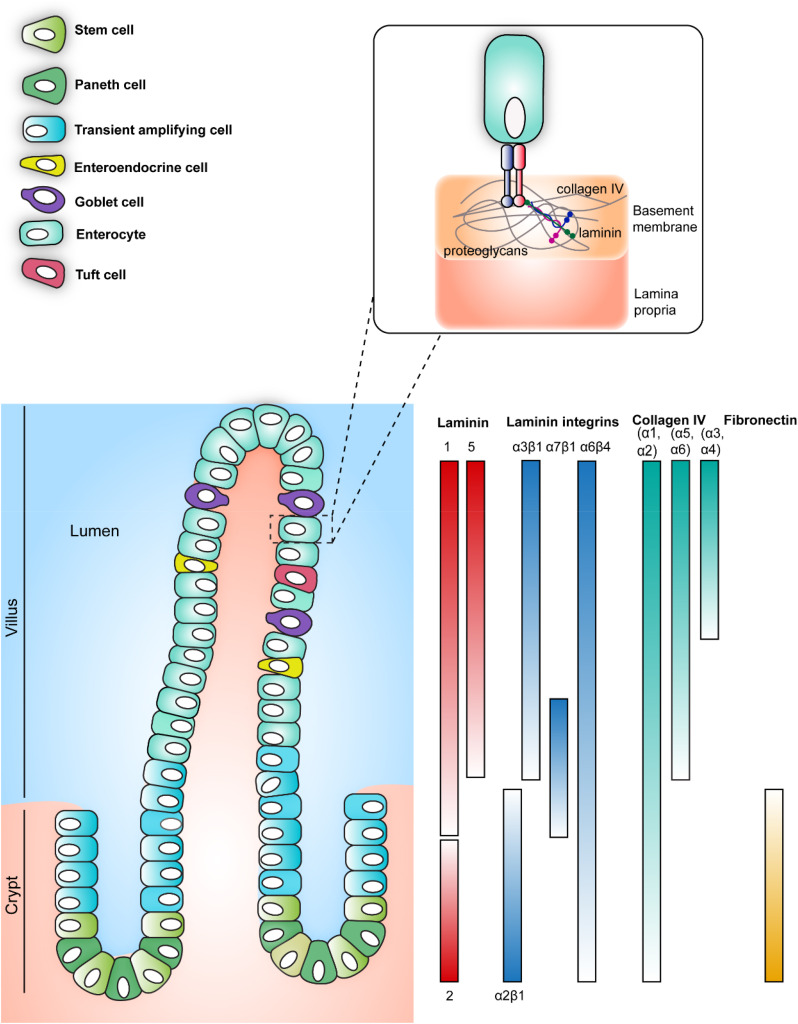Matrigengel Matrix IPSC Level: Advancing Precision in Stem Cell Research and Regenerative Medicine
Matrigel Matrix IPSC Level: A Versatile Tool for Stem Cell Research
Matrigel Matrix IPSC Level is a revolutionary product designed specifically for cultivating induced pluripotent stem cells (iPSCs). This unique basement membrane extract provides a supportive and instructive environment that mimics the natural conditions of iPSC development, promoting optimal growth and differentiation.
What is Matrigel Matrix IPSC Level?
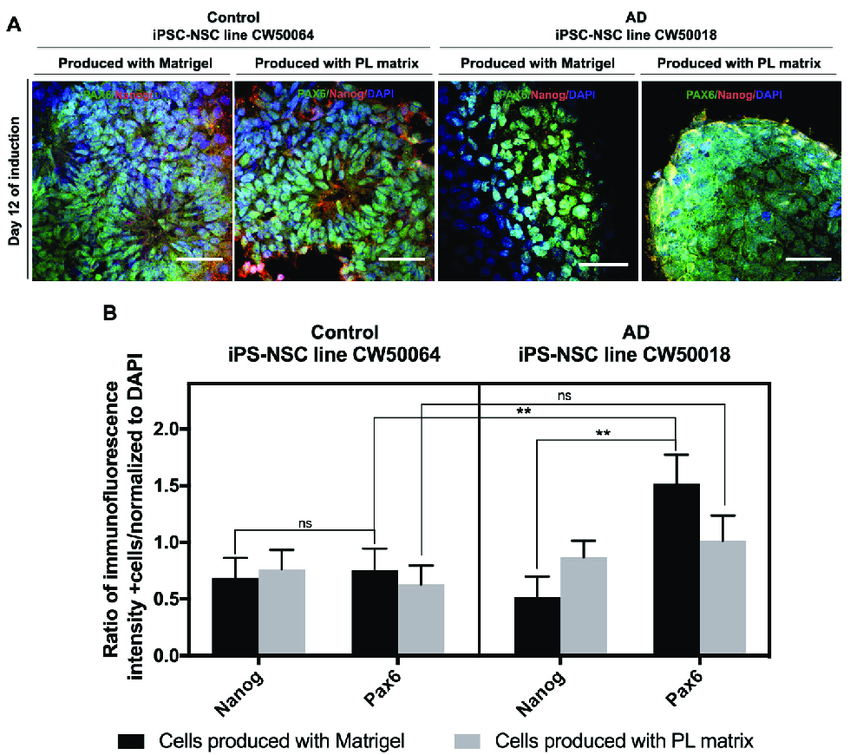
Matrigel Matrix IPSC Level is a soluble form of basement membrane extracted from genetically modified mouse tumor cells grown in a LDEV-free mouse population. This specialized matrix is comprised of key components such as:
- Laminin: Provides essential structural support and promotes cell adhesion.
- Collagen IV: Creates a scaffold for cell attachment and migration.
- Entactin: Plays a crucial role in cell-matrix interactions and signaling.
- Heparin sulfate proteoglycan: Regulates cell growth and differentiation.
When used in iPSC culture, Matrigel Matrix IPSC Level:
- Promotes efficient iPSC self-renewal: Supports the maintenance of pluripotency, allowing iPSCs to be propagated for extended periods.
- Enhances differentiation potential: Encourages iPSCs to differentiate into various specialized cell types, including neurons, hepatocytes, and cardiomyocytes.
- Improves cell morphology and viability: Creates a supportive environment that promotes healthy iPSC morphology and minimizes cell death.
- Provides a platform for 3D organoid culture: Enables the formation of complex 3D structures that mimic the function and architecture of specific organs.
Benefits of Using Matrigel Matrix IPSC Level:
- Reproducible results: Strict quality control ensures consistent lot-to-lot performance and reliable iPSC culture outcomes.
- Cost-effective: Bulk pricing and growth factor bundle discounts provide researchers with a cost-effective solution for iPSC culture.
- Long-term stability: Large-scale manufacturing and a global supply chain guarantee consistent availability and long-term product stability.
- Validated by cellular function assays: Extensive testing ensures the matrix supports optimal iPSC function and differentiation.
- Free of animal-derived components: LDEV-free production eliminates the risk of animal-derived virus contamination.
Applications of Matrigel Matrix IPSC Level:
- iPSC research: Studying iPSC biology and differentiation potential.
- Regenerative medicine: Developing new cell therapies for treating various diseases.
- Drug discovery: Screening and testing potential drugs on human cells.
- Toxicity testing: Evaluating the safety of new drugs and chemicals.
- Personalized medicine: Developing patient-specific iPSC lines for personalized treatment strategies.
Conclusion:
Matrigel Matrix IPSC Level offers a superior solution for iPSC culture, providing researchers with a reliable and versatile tool for advanced stem cell research and applications. Its unique formulation and proven efficacy make it a valuable addition to any iPSC laboratory.
Product Description: Unveiling the Dynamic Role of Basement Membranes with Matrigengel Matrix IPSC Level
Introduction:
Basement membranes, intricate networks of specialized extracellular matrices, serve as vital interfaces between diverse cell types, such as muscle, neuronal, epithelial, and endothelial cells, in tandem with adjacent stroma. Essential for tissue organization, these continuous sheets form the foundational scaffolding and support crucial for cellular growth and layer formation. Beyond mere structural elements, basement membranes intricately influence cellular mechanisms, including adhesion, migration, proliferation, and differentiation. Selectively degraded and regenerated during development and wound healing, they provide the fundamental scaffold for tissue reconstruction. Notably, basement membranes stand as formidable barriers, preventing invasion by metastatic tumor cells.
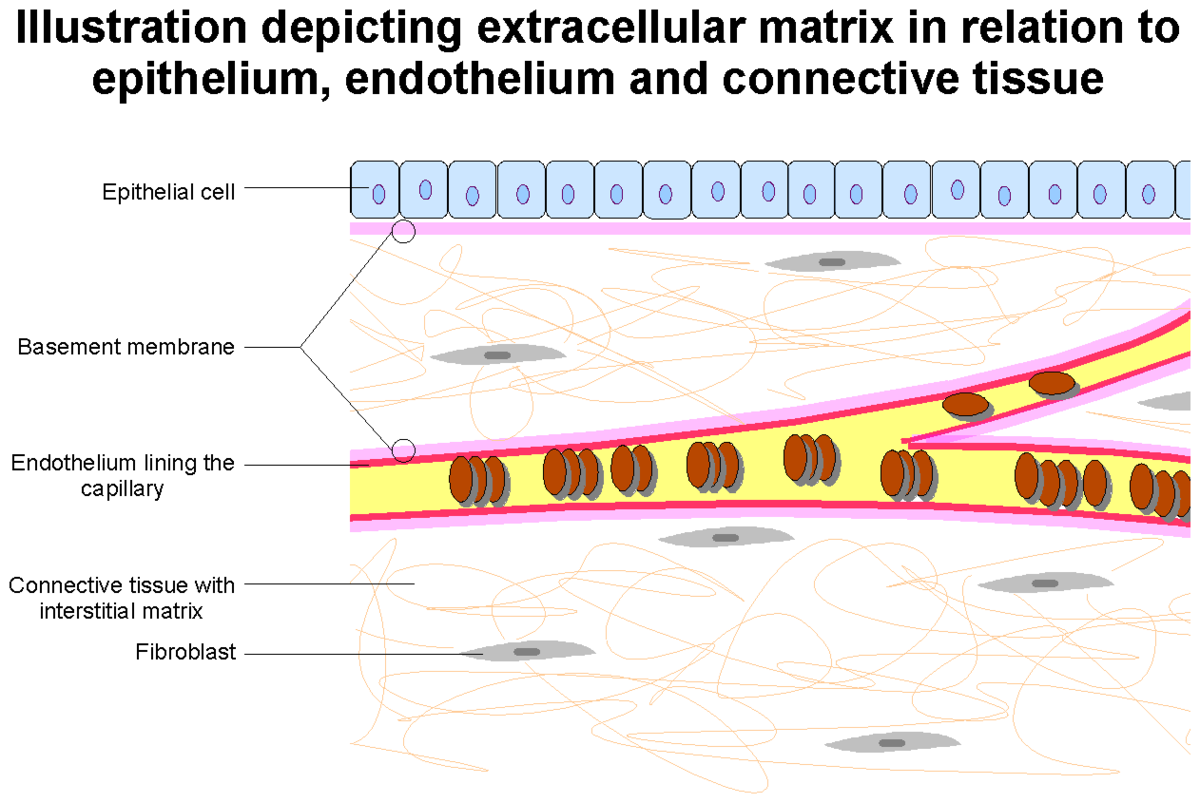
Matrigengel Matrix IPSC Level: A Soluble Innovation
Matrigengel Matrix IPSC Level, a soluble variant of basement membrane, represents an innovative leap in tissue science. Purified from gene-edited mouse tumor cells cultivated in LDEV-free mouse populations, this matrix offers a dynamic approach to basement membrane applications. Upon reconstitution at 37℃, it predominantly comprises laminin, collagen IV, entactin, and heparin sulfate proteoglycan, faithfully mimicking the original basement membrane form.
Human embryonic stem cells (hESCs) are pluripotent cells derived from the inner cell mass of the blastocyst, representing an early stage of embryonic development. Their unique ability to differentiate into various cell types makes them invaluable for scientific research and potential applications in regenerative medicine. In parallel, induced pluripotent stem cells (iPSCs) offer a revolutionary approach by allowing the reprogramming of adult somatic cells to regain pluripotency. iPSCs share similar characteristics with hESCs, including their potential to differentiate into diverse cell lineages. This breakthrough in cellular reprogramming not only circumvents some of the ethical concerns associated with the use of embryonic cells but also opens up new possibilities for personalized medicine and disease modeling. Both hESCs and iPSCs play critical roles in advancing our understanding of cellular differentiation, disease mechanisms, and therapeutic interventions, contributing to the ever-evolving landscape of stem cell research and its applications.
Advantages and Applications:
- Reduced Adherence, Maintaining Morphology: In comparison to alternative products, Matrigengel Matrix IPSC Level exhibits reduced organoid adherence to surfaces. This unique characteristic contributes significantly to maintaining the morphology of cultured organoids.
- Precision in Cellular Responses: The soluble nature of Matrigengel Matrix IPSC Level ensures precise and controlled environments for cellular responses, facilitating detailed studies of adhesion, migration, and differentiation dynamics.
- Therapeutic Potential: Understanding the properties of this soluble basement membrane opens doors to therapeutic avenues, particularly in tissue engineering and regenerative medicine. Matrigengel Matrix IPSC Level holds promise for innovative interventions.
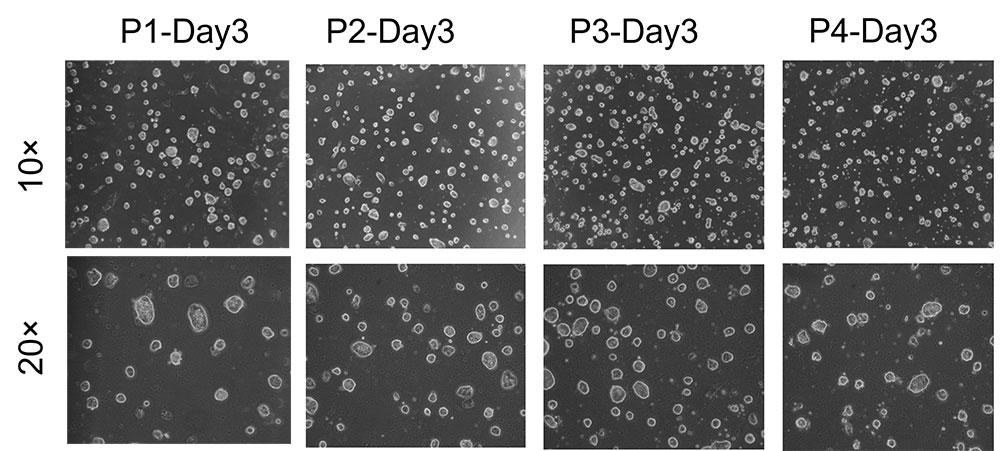
Matrigengel Matrix IPSC Level, diluted at a 1:100 ratio, is applied to coat the plates, facilitating the consistent passage of extended pluripotent stem cells (EPSCs) from P1 to P4.
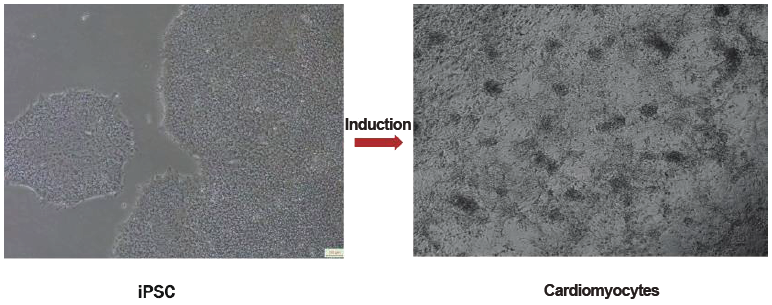
Matrigengel Matrix IPSC Level has been effective in inducing the differentiation of induced pluripotent stem cells (iPSCs) into cardiomyocytes.
Matrigengel Matrix IPSC Level is capable of sustaining the adherent culture of human embryonic stem cells (hESCs) and induced pluripotent stem cells (iPSCs), yielding outcomes comparable to those achieved with products from Company C.
Matrigengel Matrix IPSC Level and a comparable product from Company C have demonstrated their ability to sustain the culture of both human embryonic stem cells (hESC) and induced pluripotent stem cells (iPSC) while preserving their stemness characteristics. Notably, in the fifth generation, there are detectable high levels of Oct-4 gene expression. This underscores the efficacy of these products in providing a conducive environment for the long-term maintenance and preservation of the pluripotent state of these valuable cell lines.
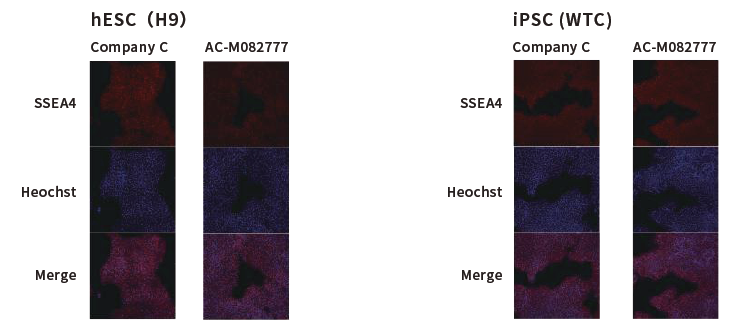
Both Matrigengel Matrix IPSC Level (Cat. No. AC-M082777) and an analogous product from Company C demonstrate the ability to facilitate the culture of human embryonic stem cells (hESC) and induced pluripotent stem cells (iPSC) while preserving their stemness. Notably, in the fifth generation, a notable elevation in SSEA4 gene expression is detectable. This underscores the effectiveness of these products in providing a conducive environment for long-term culture while sustaining the pluripotent characteristics of these cell lines.
Conclusion:
Matrigengel Matrix IPSC Level stands as a testament to the evolving landscape of basement membrane applications. Its unique composition, coupled with reduced organoid adherence, offers unparalleled advantages for maintaining cellular morphology and studying intricate cellular mechanisms. As we explore the therapeutic potential of this soluble matrix, we pave the way for transformative advancements in tissue science, bridging the gap between research and innovative applications in regenerative medicine.
